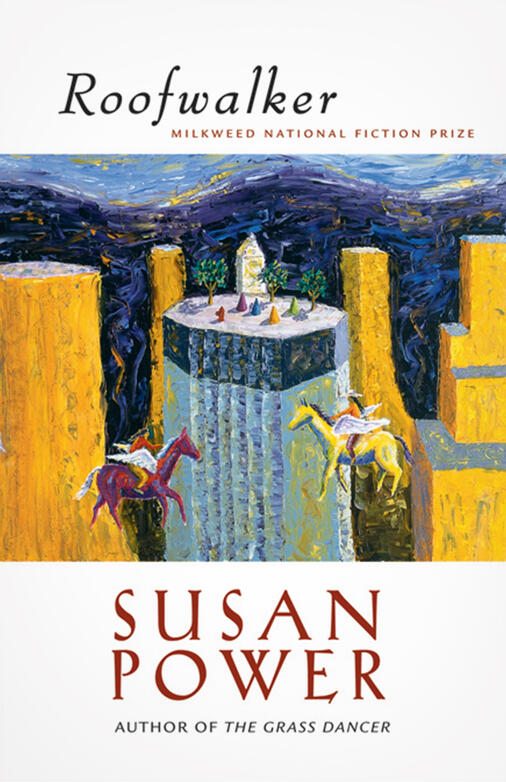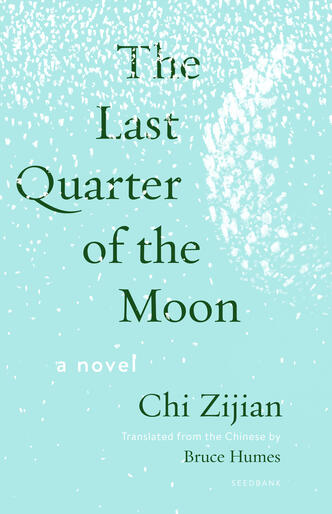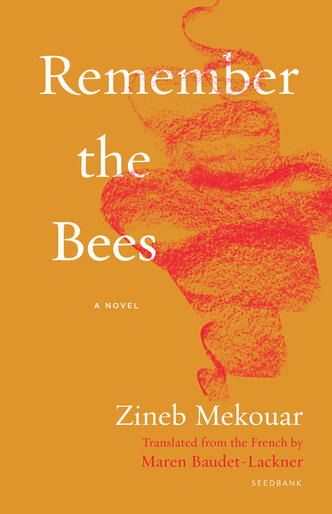
Roofwalker
When Susan Power burst onto the literary scene with her first book, The Grass Dancer, critics called it “the real thing” (Los Angeles Times) and “extravagantly inventive” (Washington Post). Power’s novel of Native American life went on to win the PEN/Hemingway Award and become a national bestseller. In Roofwalker, Power returns with equally magical prose to tell the stories of both imaginary and real figures who live mostly away from the reservation yet palpably feel its influence and see its ghosts in their daily lives.
Roofwalker evokes a world in which spirits and the living commingle and Sioux culture and modern life collide with disarming power, humor, and joy. The characters grapple with potent forces of family, history, and belief—forces that at times dare them to do more to feed their identity, and at times simply paralyze them. Rich with women who do things, this book gives voice to characters who make space for contradictions in their lives with varying success and, by extension, live the “Indian way” to varying degrees.





